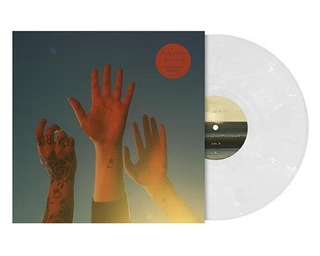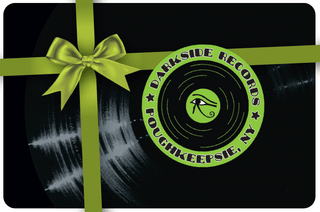Fortuna Reditus- Herba mirabilis

From the rich musical scene of the early sixteenth century comes a repertoire that sings the praises of the vegetable world comprised in the vast geographic horizon stretching up from verdant meadows full of flowers to the mountain pastures where shepherds and shepherdesses playfully send back the echo of their own voices. Allusions, onomatopoeias, adages and bywords, maxims, pangs of love, games and dances to ancient tunes sprout from citations of roses, gardens, shady woods, cypresses, triumphant laurels, broad-beans and beans. A music that, through simple words (in vulgar tongue, the language of the Italian renascence), speaks to the listener's fancy and imagination, depicting a unitary world in whose great theatre everything (man, his feelings and nature) is interconnected. This very particular interweaving between culture and music in the Renaissance is interpreted by the "Fortuna Reditus" ensemble conducted by Roberto Cascio that in this new album is continuing his study and recovery of Italian early music in the wake of the numerous productions highly appreciated by the public and critics (Ippolito Ghezzi, TC650770; Falconieri, Coppola, TC640001; Bianchelli, TC660201; Pinxit, TC450002; etc.).
From the rich musical scene of the early sixteenth century comes a repertoire that sings the praises of the vegetable world comprised in the vast geographic horizon stretching up from verdant meadows full of flowers to the mountain pastures where shepherds and shepherdesses playfully send back the echo of their own voices. Allusions, onomatopoeias, adages and bywords, maxims, pangs of love, games and dances to ancient tunes sprout from citations of roses, gardens, shady woods, cypresses, triumphant laurels, broad-beans and beans. A music that, through simple words (in vulgar tongue, the language of the Italian renascence), speaks to the listener's fancy and imagination, depicting a unitary world in whose great theatre everything (man, his feelings and nature) is interconnected. This very particular interweaving between culture and music in the Renaissance is interpreted by the "Fortuna Reditus" ensemble conducted by Roberto Cascio that in this new album is continuing his study and recovery of Italian early music in the wake of the numerous productions highly appreciated by the public and critics (Ippolito Ghezzi, TC650770; Falconieri, Coppola, TC640001; Bianchelli, TC660201; Pinxit, TC450002; etc.).





